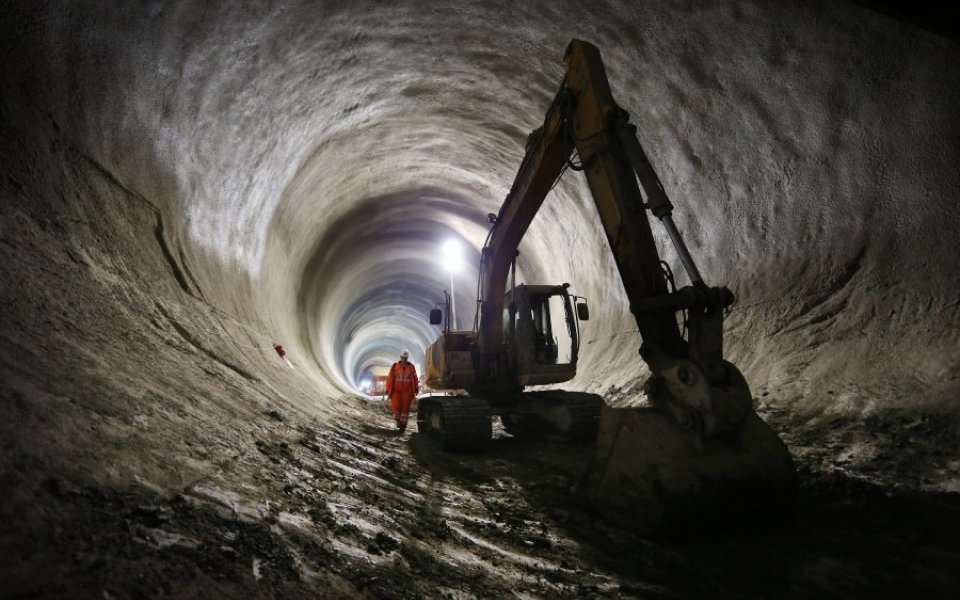Megacity London: Our next mayor needs the ambition to match the scale of the challenge

The next mayor of London will have some difficult decisions to make. Forecast to reach 9m residents by 2020 and 10m by 2030, the capital’s soon-to-be status as a “megacity” will bring with it both significant challenges and opportunities.
This evening, the main candidates standing to be the next mayor will be setting out their vision at the first mayoral debate with a focus on business. But what should we be seeking from them to ensure that London can continue to thrive in the face of rapid population growth?
First, a key theme to emerge from our London Tomorrow initiative with EY and London City Airport is whether an affordability crisis poses a significant risk to London’s status and reputation as a world city. In particular, the high costs of housing, and commercial and retail space have continually emerged in our findings as areas of concern.
London is currently in a strong position, having topped Forbes’s rankings of the most influential cities in the world in 2014 and having headed up the most recent Global Financial Centres Index. But we can’t take this reputation for granted. The capital is increasingly an unaffordable place for firms to set up and do business, and employees are having to pay more to live and to commute here. These “push” factors could result in more businesses, startups and workers shying away from the capital, choking off the lifeblood of the London economy.
It’s not only the cost of living and running a business that needs to be overcome. London requires significant, ongoing investment in its infrastructure to cope with its projected increase in population. To put this growth into perspective, if London does reach megacity status by 2030, that is the equivalent of everyone living in Birmingham moving to the capital.
A comprehensive long-term plan to deliver and fund the capital’s future infrastructure needs is therefore critical. Next to building more homes, we found that businesses rank upgrades to rail and tube services, and improving coverage of superfast broadband, as key priorities if we’re to stimulate and sustain economic growth in London.
The next mayor of London will also need to push the fight forward on fiscal devolution. While the capital contributes £34bn net a year to the UK public purse, the mayor retains just 7 per cent of the tax raised in the city. In New York the figure is 50 per cent, and in Tokyo it is 70 per cent. London does not need to reach these levels, but we believe it does need a greater level of tax retention.
In short, we need a new mayor who will work with business to make London bigger, bolder and better.